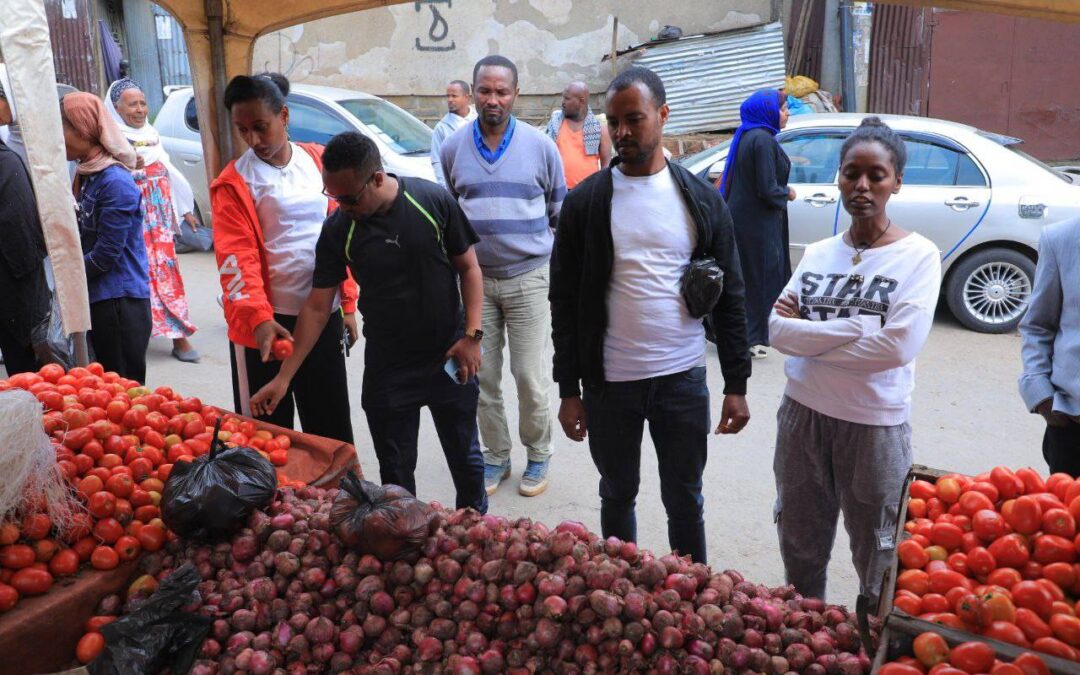The weekly Saturday market at Abinet Square in Lideta sub-city’s Woreda 3 administration has become a vital hub for basic consumer goods, especially during the Easter holidays. However, the current economic climate, characterised by a sharp rise in inflation, has resulted in skyrocketing prices. This has had a significant impact on the purchasing power of the Ethiopian people, reducing the affordability of essential goods and services. The government’s response to this inflationary crisis has been inadequate, leaving many Ethiopians facing unprecedented economic challenges.
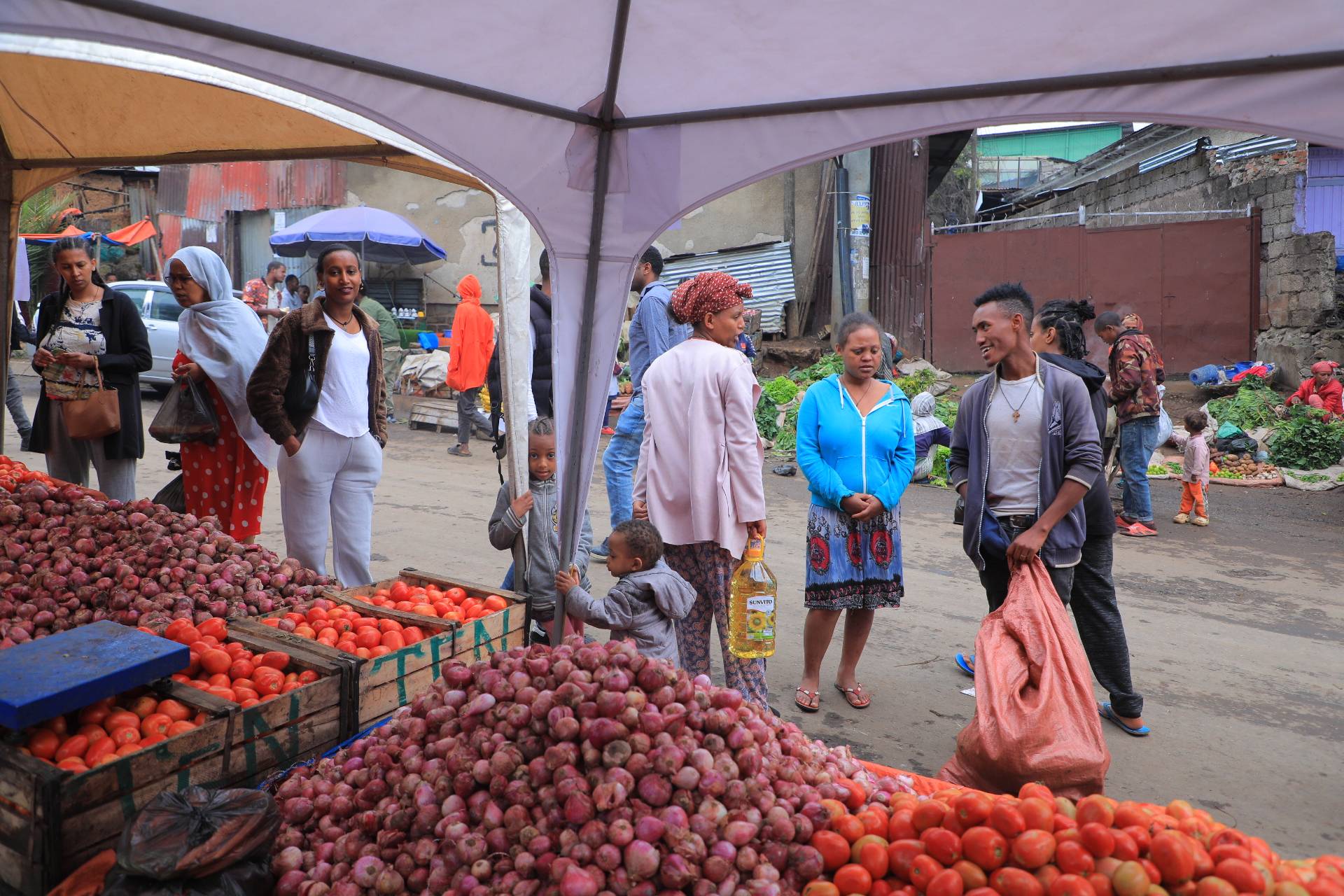
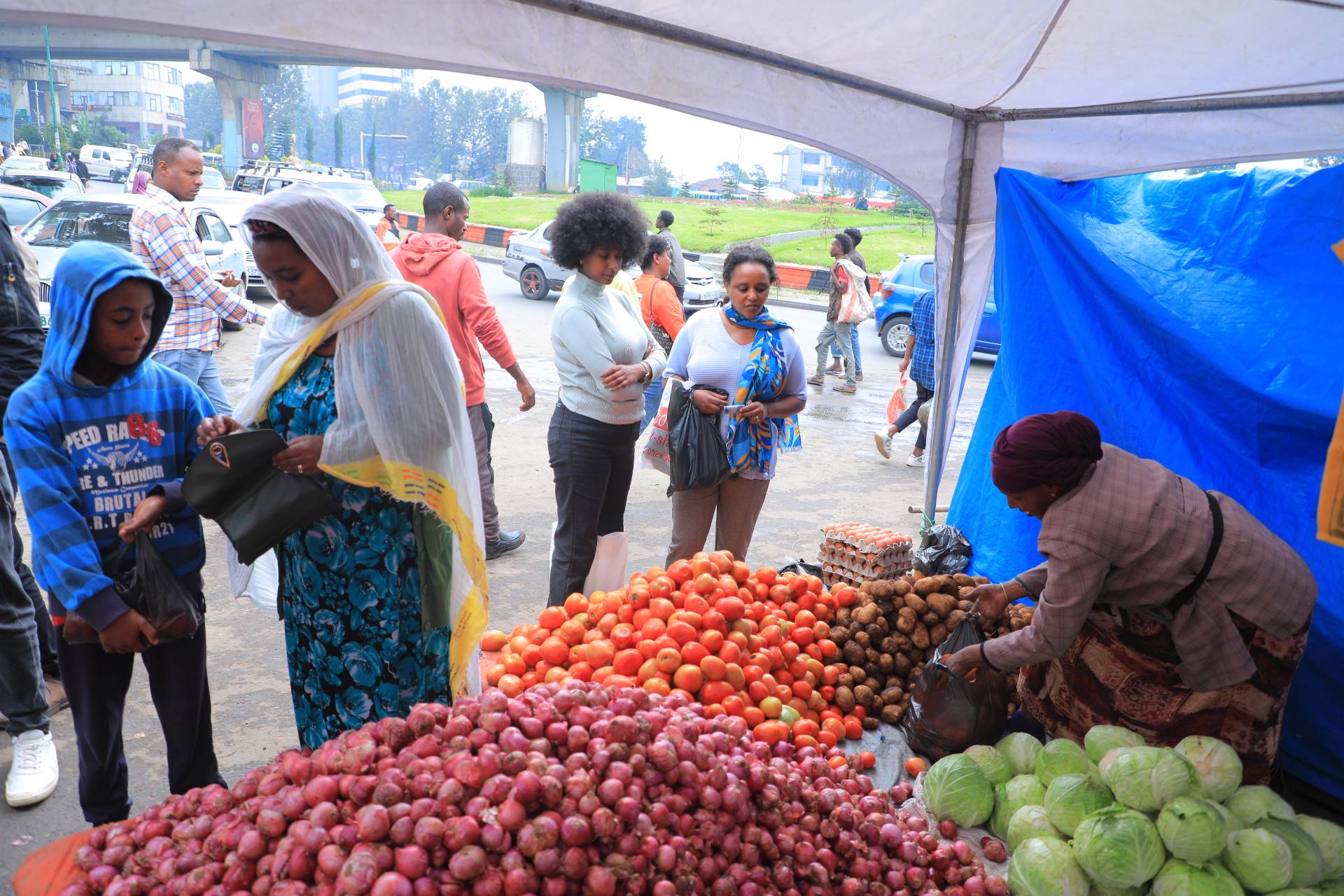
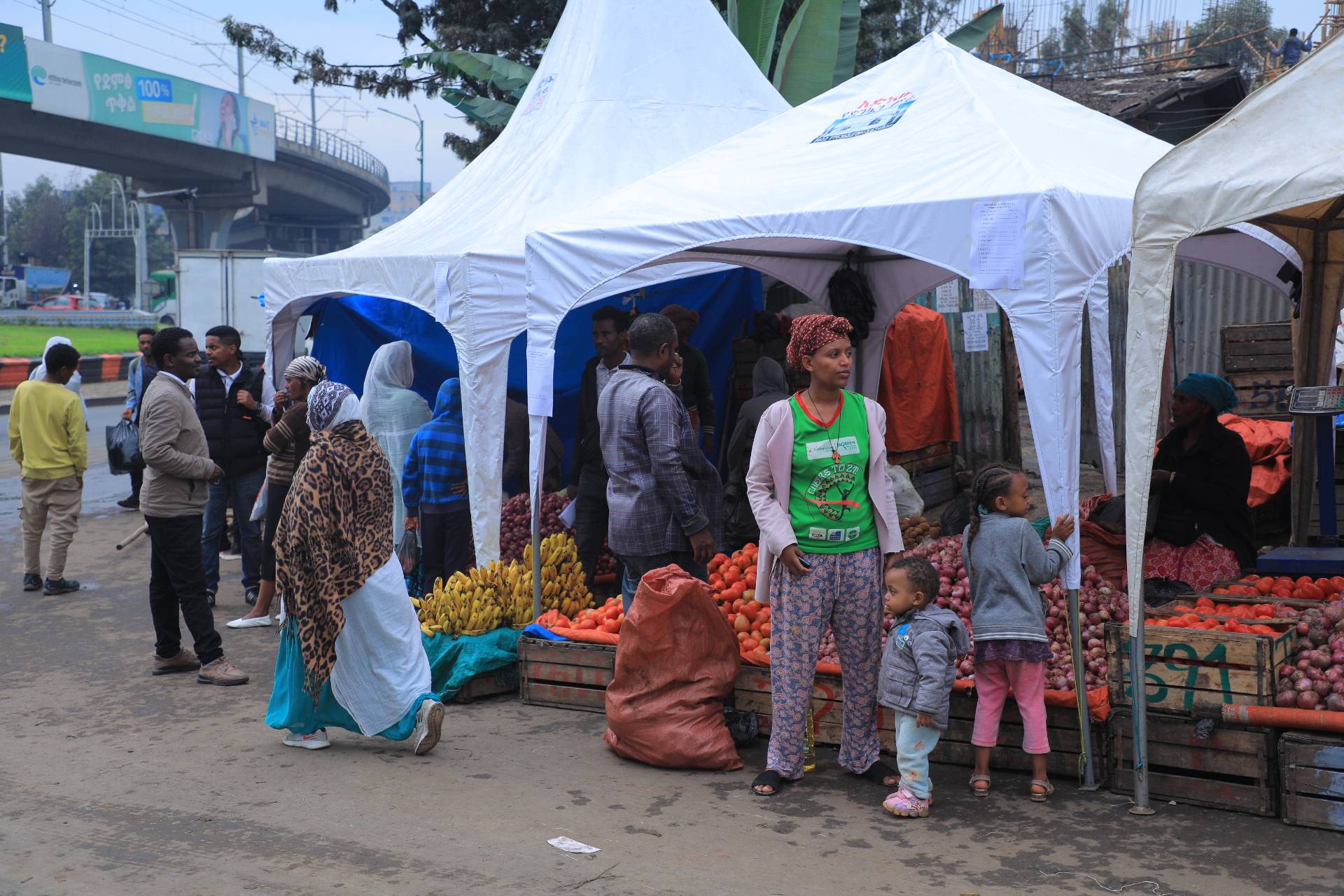

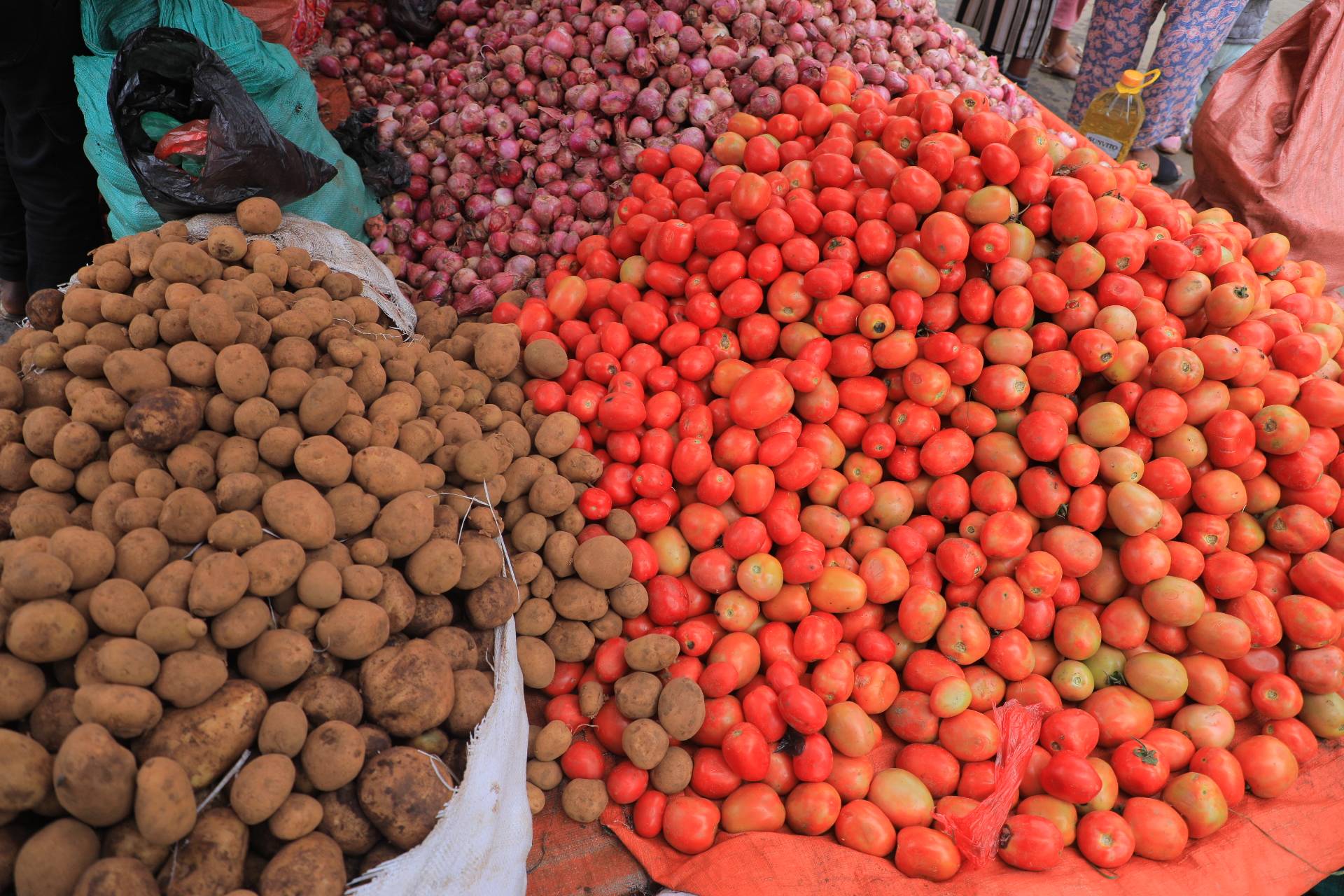

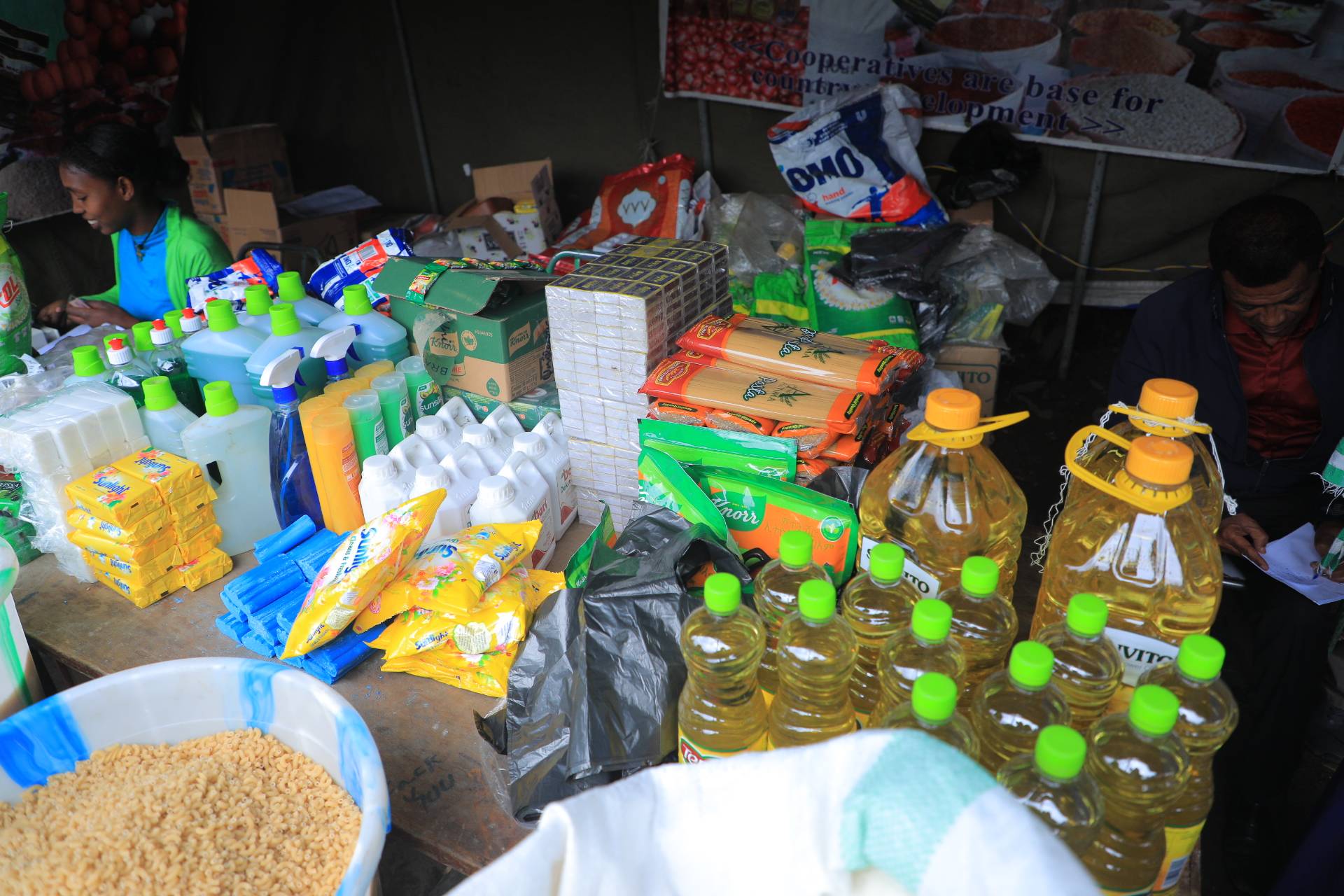

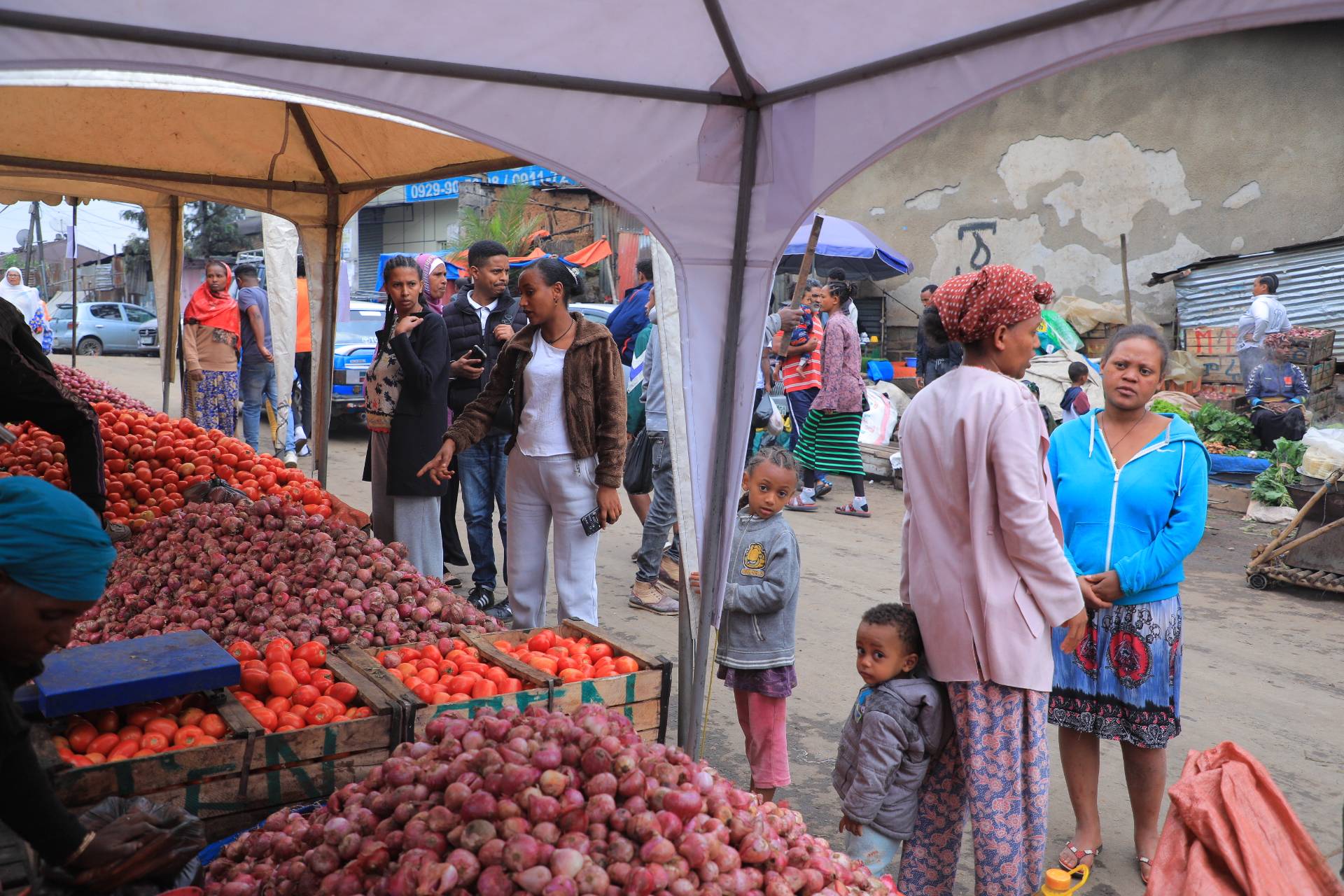
In the midst of this economic turmoil, the market continues to offer a wide variety of agricultural and industrial products of varying quality and style. However, escalating prices have made it increasingly difficult for consumers to access these products. The disparity between the goods available and the purchasing capacity of the population has created a stark contrast, highlighting the severity of the economic hardship faced by Ethiopians.
As a microcosm of the wider economic landscape, the market reflects the struggles and resilience of the people. The effects of inflation are palpable, and families and individuals navigate the market with a sense of urgency and frugality. The once vibrant and bustling marketplace now bears witness to the grim reality of diminished purchasing power and financial strain.



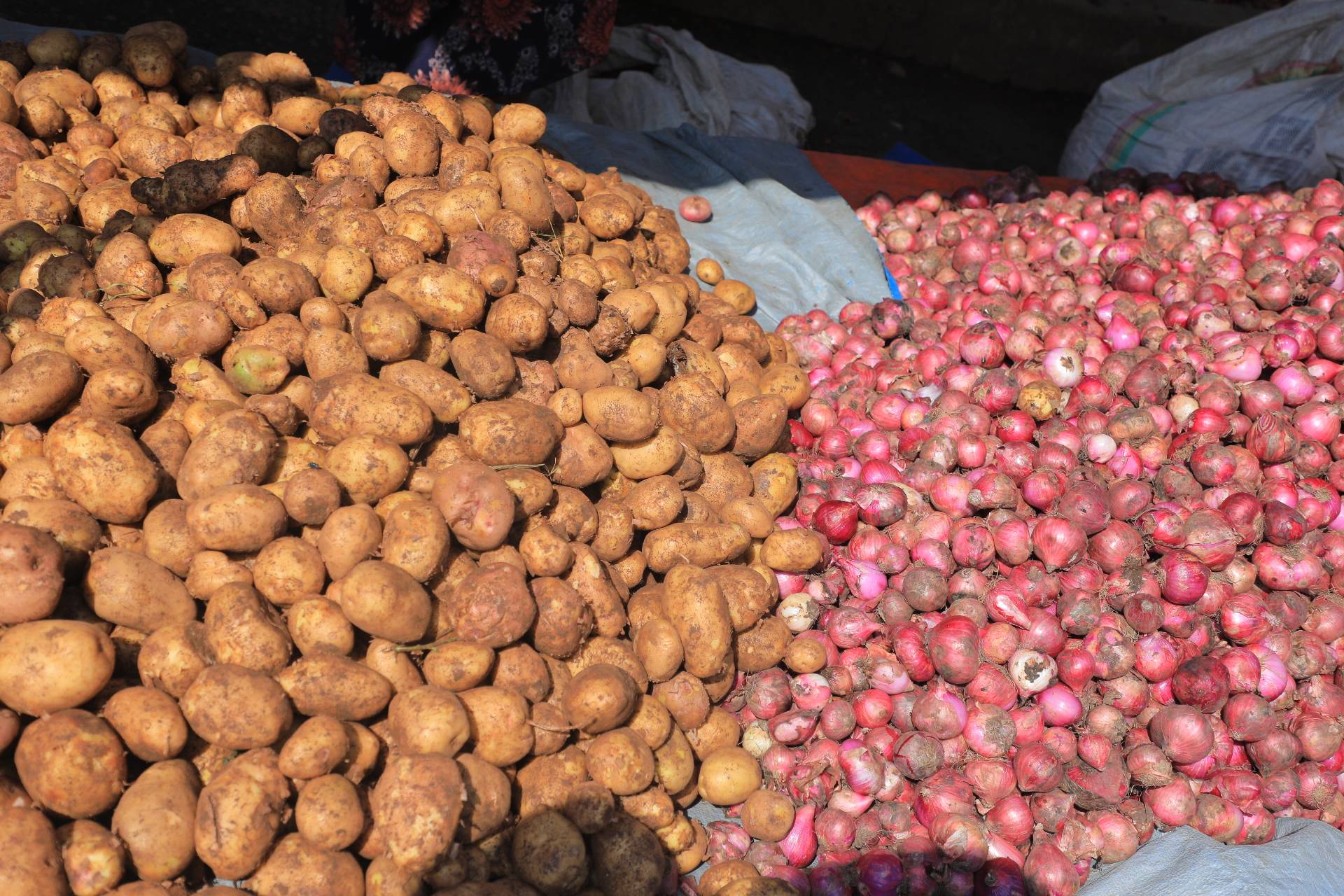


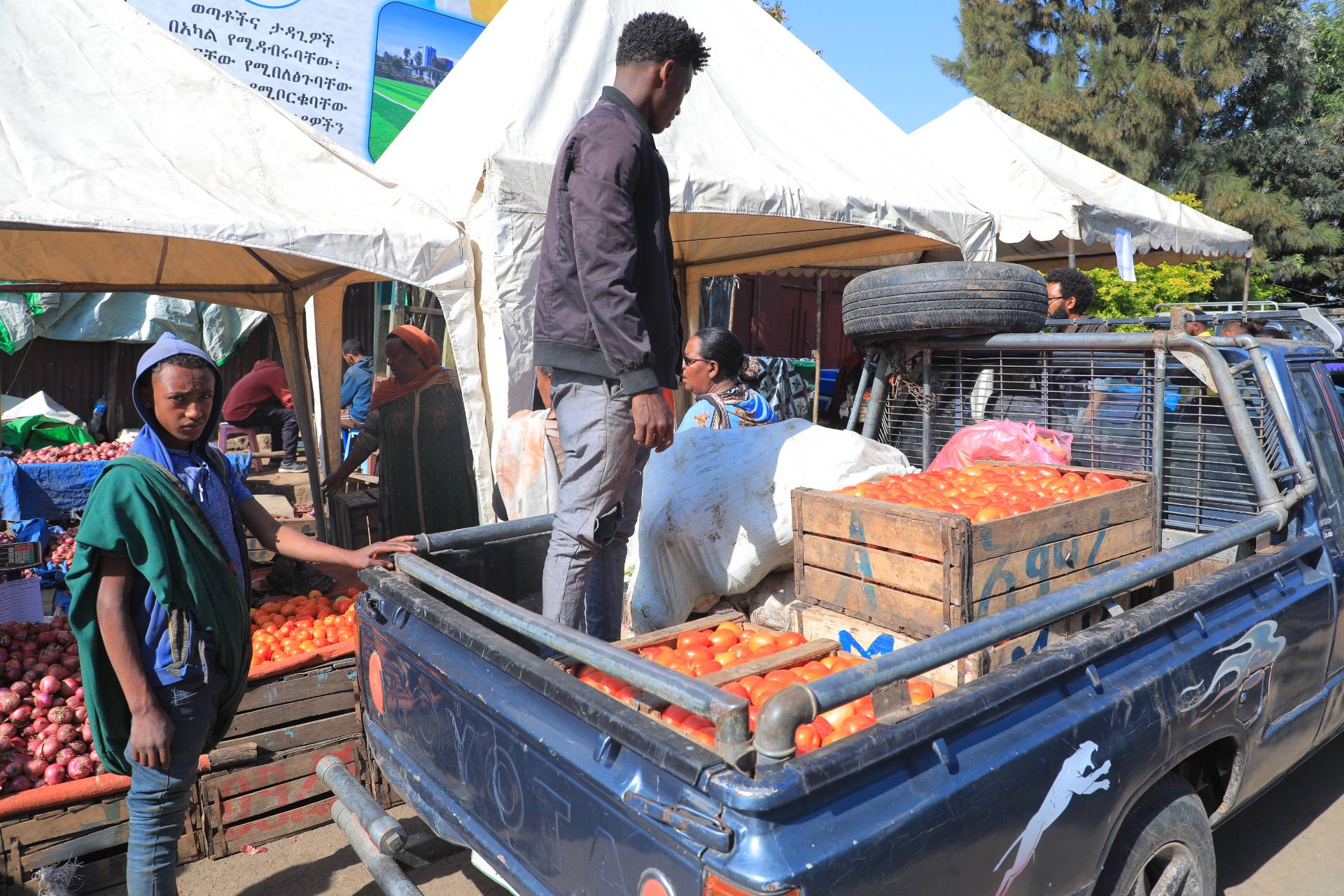


The government’s inability to effectively address inflationary pressures has exacerbated economic hardship, leaving citizens disillusioned and uncertain about the future. The lack of concrete measures to curb inflation has exacerbated economic hardship and cast a shadow of uncertainty over the livelihoods of many Ethiopians.
Given these challenges, it is imperative that the government prioritises comprehensive and sustainable solutions to mitigate the impact of inflation. Addressing the root causes of inflation and implementing targeted policies to stabilise prices are crucial steps to ease the economic burden on the population. Moreover, fostering an environment conducive to economic growth and stability is essential to restore confidence and resilience in the market and the economy as a whole.
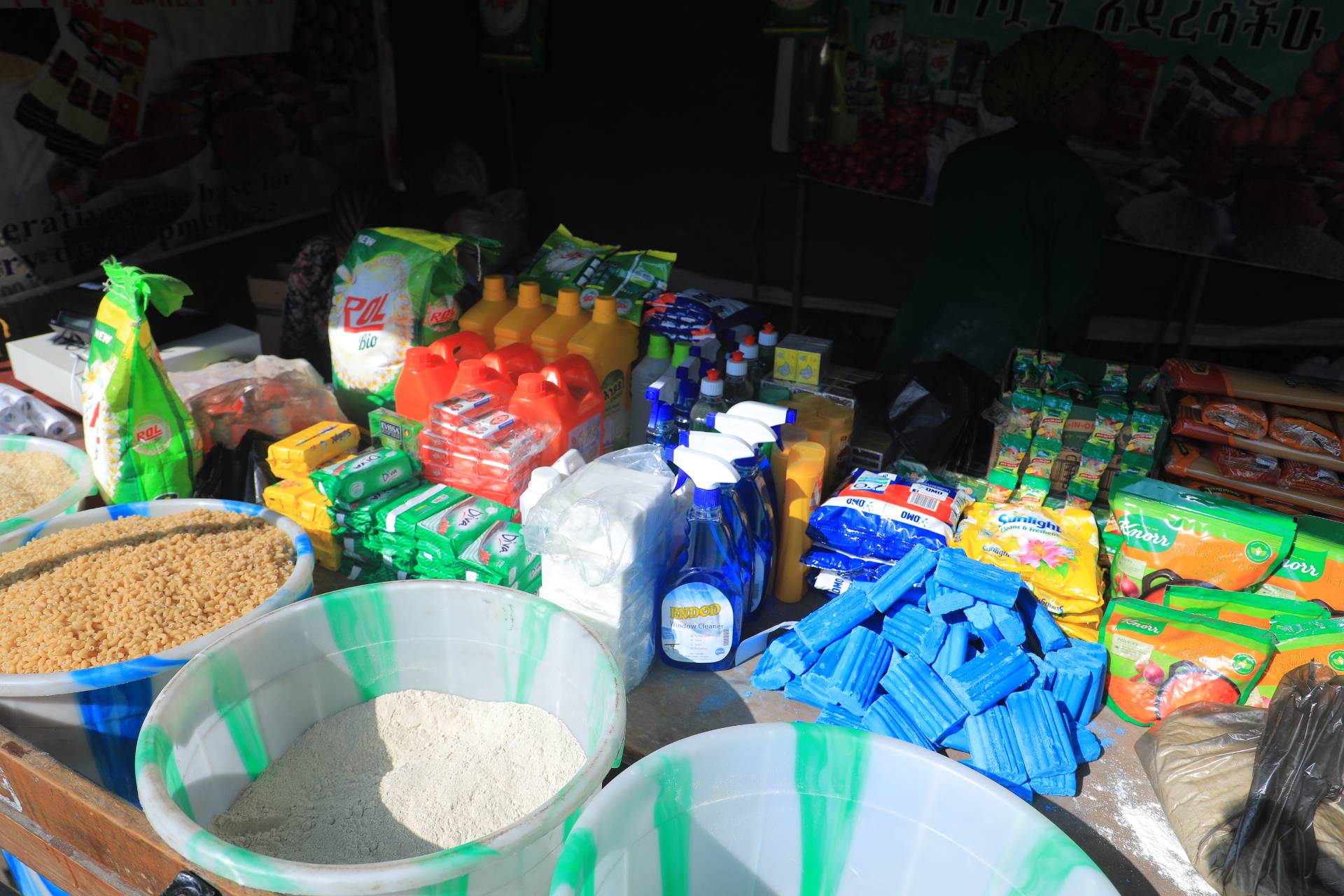



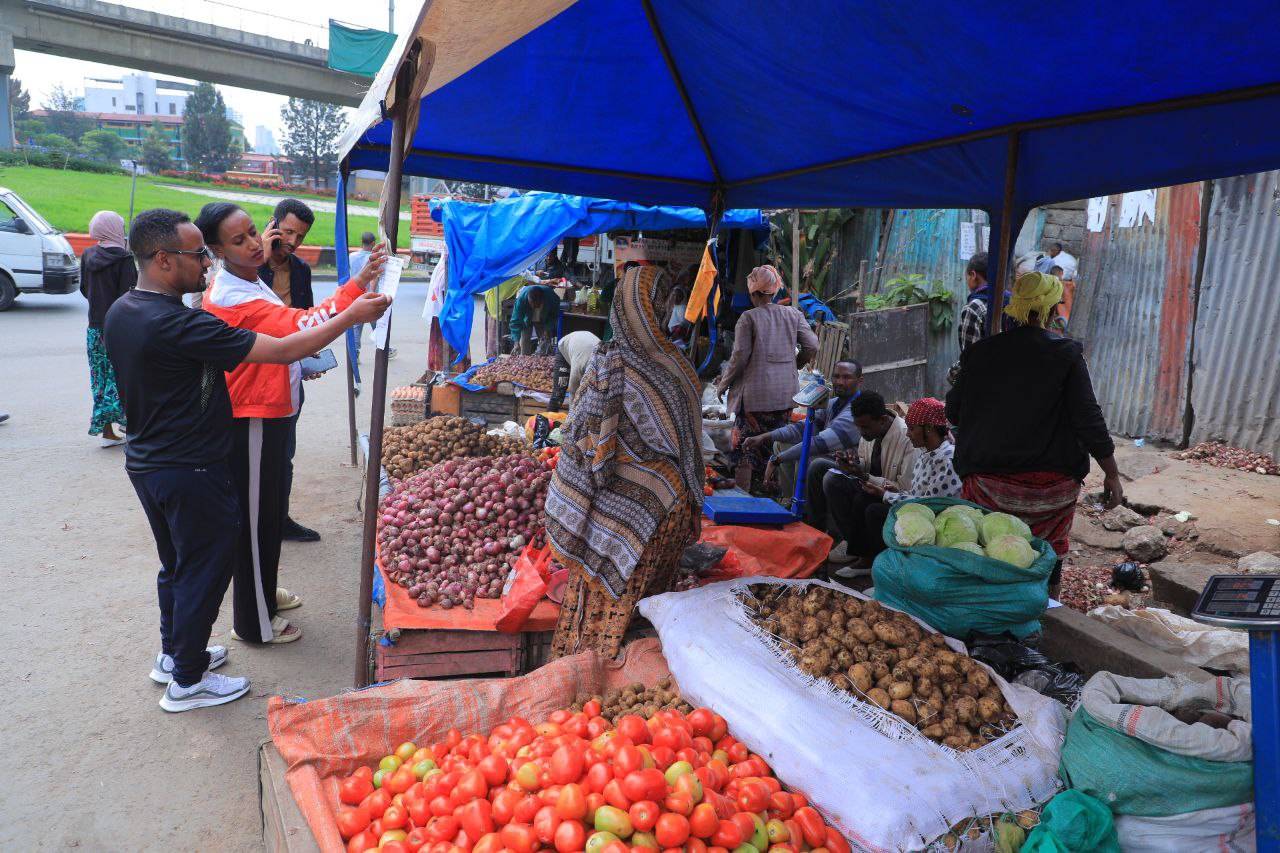



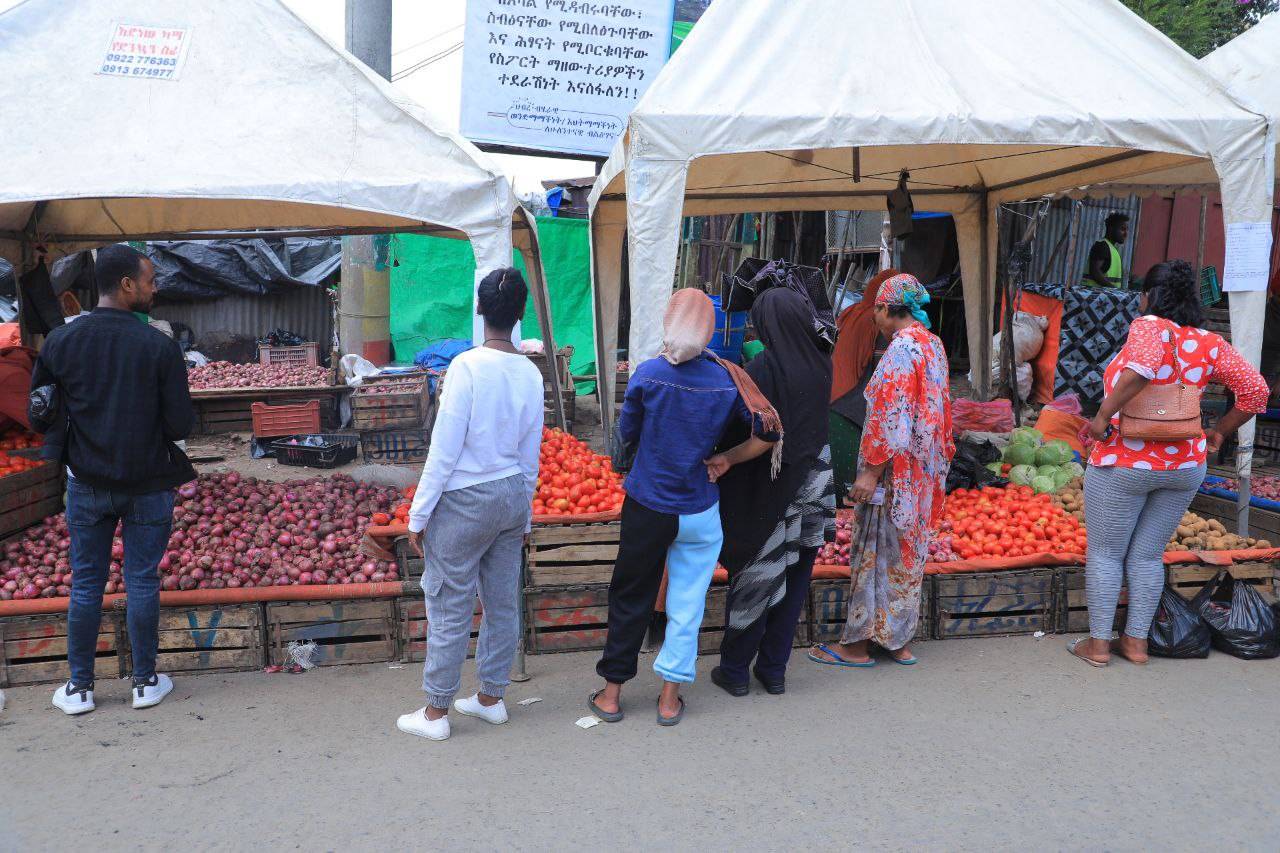
Despite the prevailing hardships, the Saturday market remains a symbol of resilience and community. It is a testament to the indomitable spirit of the Ethiopian people, who continue to face economic challenges with determination and perseverance. The vibrancy and diversity of the market is a reminder of the resilience woven into the fabric of Ethiopian society, offering a glimmer of hope amidst the prevailing economic adversity.
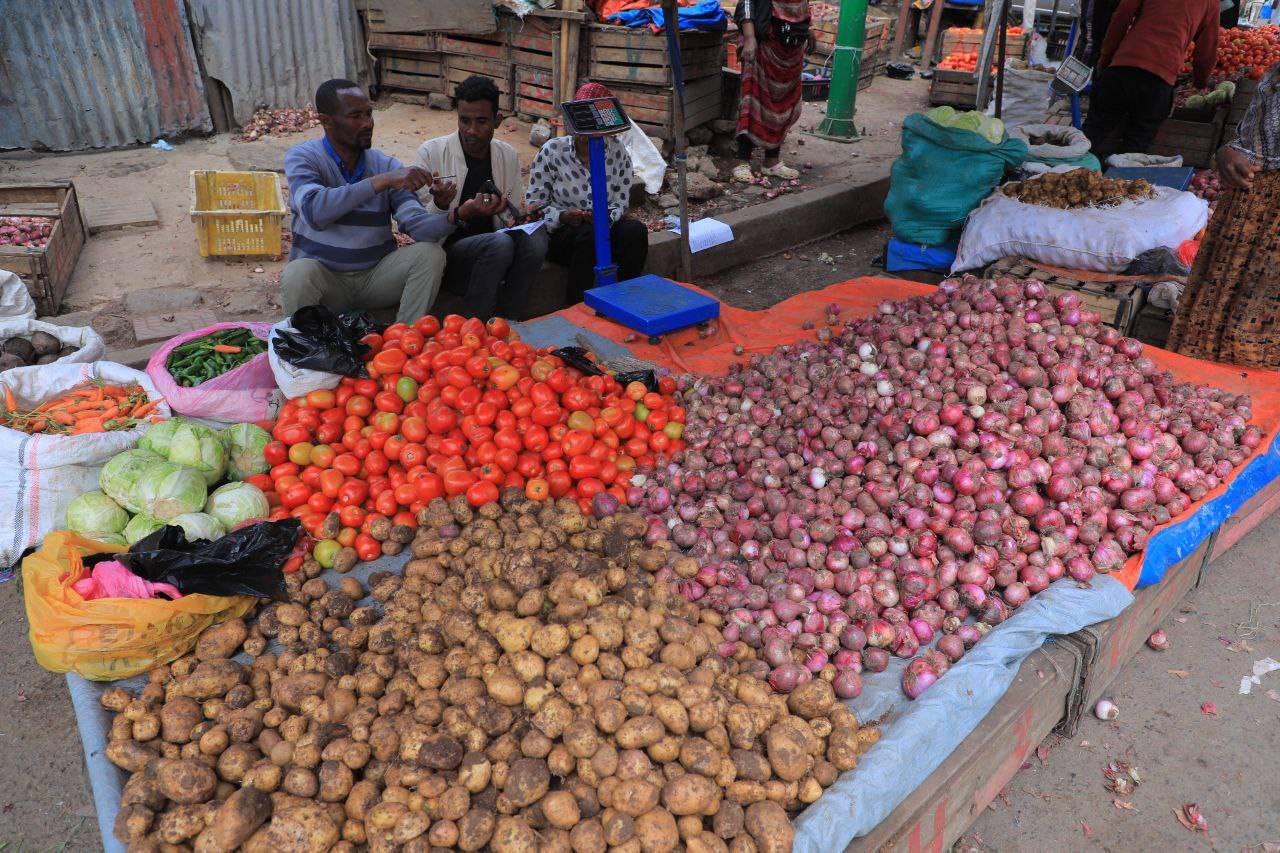


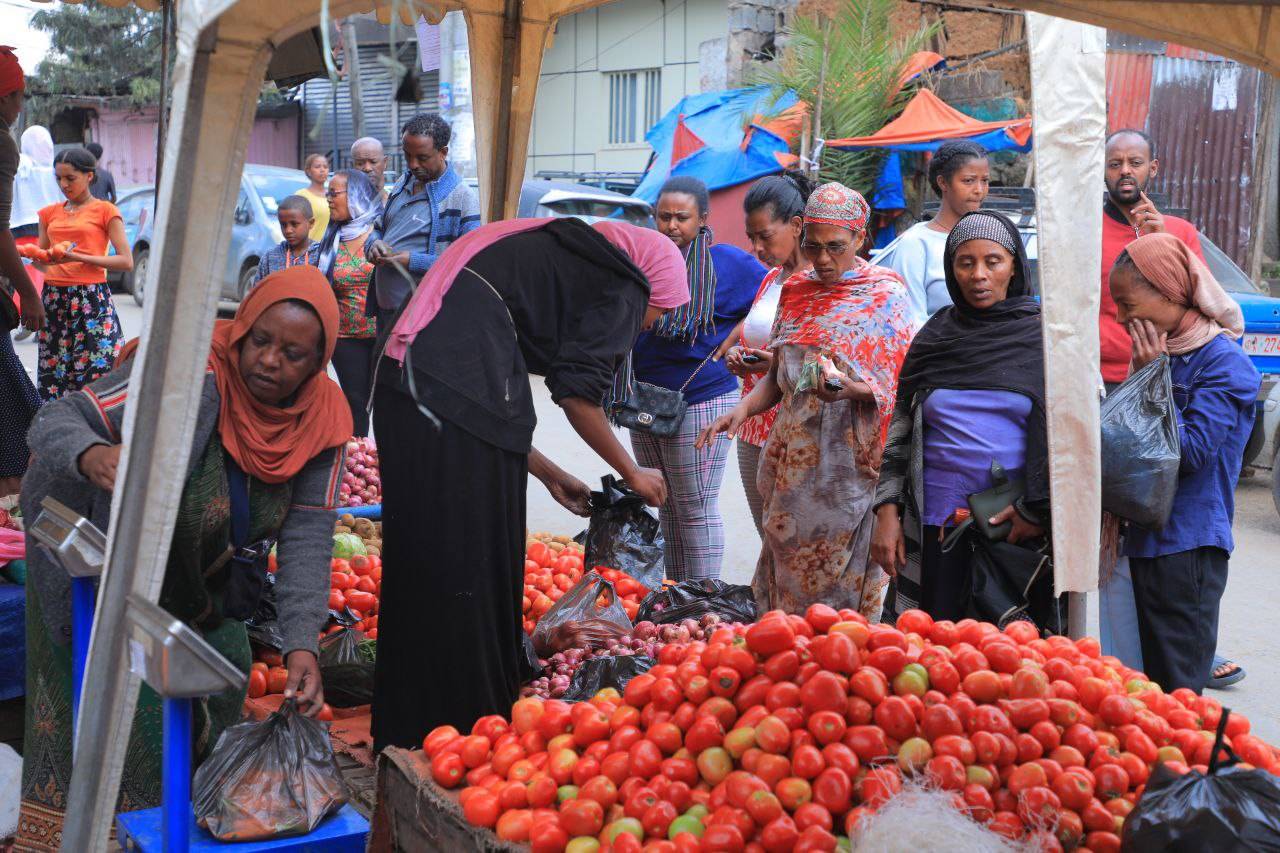

Finally, the Saturday market at Abinet Square in the Lideta Subcity Woreda 3 administration encapsulates the economic struggles faced by Ethiopians amidst rising inflation. The disparity between the availability of goods and the purchasing power of consumers underscores the urgent need for effective measures to address inflationary pressures. As the government grapples with this economic crisis, it is essential to prioritise sustainable solutions that will alleviate the burden on the population and pave the way for economic stability and prosperity. Despite the challenges, the market is a testament to the resilience and determination of the Ethiopian people and a beacon of hope in the face of adversity.
Ethiopia Autonomous Media
- IMPACT ON THE PURCHASING POWER OF THE ETHIOPIAN POPULATION - 28th April 2024
- Lideta Sub City Woreda celebrated International Women’s Day - 11th March 2024
- THE AMHARA FANO FREEDOM FIGHTERS - 13th February 2024

